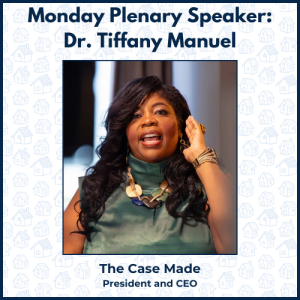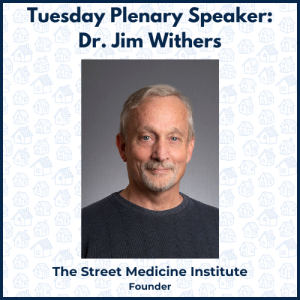
Save the Date for the next Housing Ohio conference: April 20-21, 2026
 Thank you to everyone who joined us at the Housing Ohio 2025 conference May 5-7 at the Hyatt Regency Columbus Hotel! We hope you made meaningful connections, learned a lot, and went home feeling inspired to continue doing the essential work you’re doing in your communities!
Thank you to everyone who joined us at the Housing Ohio 2025 conference May 5-7 at the Hyatt Regency Columbus Hotel! We hope you made meaningful connections, learned a lot, and went home feeling inspired to continue doing the essential work you’re doing in your communities!
Now, please take a moment to give us your feedback! Your participation in this survey will help us make next year’s conference even better. In order to obtain Social Worker Continuing Education Units (CEUs), you must complete and submit this conference evaluation before May 31. CEUs will be sent out within 45 days. (For questions about CEUs, contact Douglas Argue).
Workshop presentations and handouts have now been uploaded to the Whova app, which will remain available to attendees for the next few months. To find these documents, go to “Agenda,” find the session you want, and scroll down to the “Handouts” section.
We hope the conference provided support and guidance during these uncertain times for all of us working in the homelessness and housing field. We are facing these challenges together.
A big shout out to all our presenters, who generously shared their time and expertise to make our conference a success! And a big thanks to our Housing Ohio 2025 sponsors!
Recap: Housing Ohio 2025 kicked off with a plenary speech from Dr. Tiffany Manuel, founder and CEO of TheCaseMade. Dr. T, author of “Case Made! 10 Powerful Leadership Principles that Win Hearts, Change Minds, and Grow Impact” inspired attendees to tap into our collective power and energy to navigate these uncertain times with wisdom while making the case for housing abundance.
On Tuesday May 6, COHHIO was honored to host Dr. Jim Withers, the “Father of Street Medicine,” as part of the conference’s new “Housing is Healthcare” track. Dr. Withers established the Street Medicine Institute in 2009, a network that has since grown to nearly 1,200 cities on 6 continents, and become a global movement for healthcare equality and social change. Dr. Withers shared lessons from his 30+ years of treating patients living on the land and how the healthcare and homeless services sectors can work together to improve care and save lives.
About the Housing Ohio Conference
Since its founding in 1994, COHHIO has hosted the annual Housing Ohio conference to convene advocates, experts, policymakers, service providers, and people with lived experience to share best practices and innovative approaches to ending homelessness and expanding access to affordable housing in Ohio. Some past Housing Ohio speakers include: Matthew Desmond, author of the bestseller “Evicted” and “Poverty by America”; New York Times journalist Hannah Nicole Jones; Leah Rothstein, co-author of “Just Action”; Luke Shaefer, co-author of “$2.00 A Day”; Diane Yentel, CEO of the National Low Income Housing Coalition; Ann Oliva, CEO of the National Alliance to End Homelessness, and; Mark Horvath, Founder of Invisible People.
Who Should Attend?
Housing and homeless advocates, social service providers, homeless services and healthcare providers, clients and program participants, nonprofit housing developers, funders, community development professionals, fair housing and disabilities advocates, housing providers, federal, state, and local government personnel, mental health and substance abuse professionals, attorneys, and anyone else concerned with expanding access to decent, safe and affordable housing and services for low-income people.
Refund and Cancellation Policy
Cancellation requests must be submitted in writing and received by April 25 at 5:00 p.m. for a full refund. Requests received after this date will be subject to a $75 per ticket administrative fee. No-shows who did not cancel their registration prior to the start of the event will be required to pay the full registration fee. Please send all cancellation requests to Jaleesa Lee.
Directions and Parking
The Hyatt Regency Hotel is adjacent to the Greater Columbus Convention Center just north of downtown at 350 North High Street Columbus, Ohio, 43215. Parking is a breeze with valet options at the hotel or convenient self-parking just a block away at the Chestnut Street Garage (Hyatt accessible via enclosed walkway). Plus, explore the heart of downtown Columbus with easy access to nearby attractions and dining options. For details, visit the Hyatt’s Map, Parking & Transportation page. For other nearby options, visit Park Columbus.
Continuing Education Units
Social worker attendees earn Continuing Education Units by attending the Housing Ohio conference. Complete the online evaluation form after the event and receive your CEUs within 45 days – talk about a rewarding experience!
Scholarships
A limited number of scholarships will be available to those who demonstrate a financial burden and would not otherwise be able to attend the conference. To be considered for a scholarship, please submit a written request via email to douglas.argue@cohhio.org by April 11 at 5 p.m. Written requests should include the following: a description of financial burden, why attending the conference is beneficial, and if a scholarship have been received to attend this conference in the past. Applicants will receive notification by April 16 and must register by by April 25. Scholarships are limited to one per organization and ONLY covers the registration for the two-day conference. It does not cover registration for Wednesday’s Housing Institute. Scholarship recipients are responsible for their own transportation and lodging.
Conference App: COHHIO uses an online platform called Whova as your guide for the Housing Ohio conference. First download Whova, then you can easily view the agenda, plan your personal schedule, access session documents and slides, see who else is attending and reach out to them, plan social activities and meet ups, visit sponsor pages, and receive updates like last minute session changes.
The Housing Ohio conference is made possible with major support from the Ohio Capital Corporation for Housing, the Ohio Department of Development, and Ohio Mental Health and Addiction Services.
Loading...
Thank you Housing Ohio 2025 sponsors!
To sponsor the Housing Ohio conference, please contact Kenzie Brownfield, 614-280-1984 X 157.


